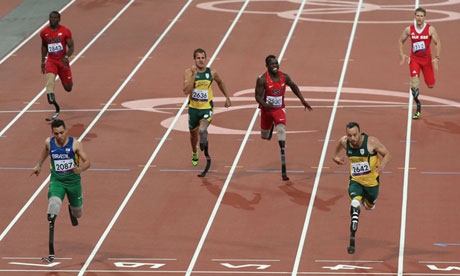Paralympics have taught me that we all have a second life ahead.
Nobody said it was easy,
It’s such a shame for us to part.
Nobody said it was easy,
No one ever said it would be this hard.
inside excellent life
Paralympics have taught me that we all have a second life ahead.
Nobody said it was easy,
It’s such a shame for us to part.
Nobody said it was easy,
No one ever said it would be this hard.

The purpose of education to develop the skill to relax iis to improve the athlete’s self-control to reduce those emotions that hinder learning and act negatively on performance. In this way the athlete acquires attitudes, ways of thinking and feelings appropriate to the task. Moreover, the experiences of self-control acts indirectly to stimulate personal confidence and to encourage concentration. For example, the association between a deep breath and mental rehearsal of an action technique, as an high jump, put the athlete in a state of greater calm and at the same time promote the concentration on the task. Relaxation is a condition that everyone knows and helps to recover not only from anxiety but also from the physical and mental fatigue, this through the creation of a state of calm.
Relaxation:

You can only control your own performance.

Alan Oliveira’s wonthe 200m and Oscar Pistorius, predestined to win it, is opened a discussion on the correctness of the length of the blade of his opponent. The Brazilian has indeed used blades a few inches longer than those of which he had served until recently, while remaining within the limits set by Regulation Paralympics. Pistorius says that the greater length of the blades has provided a significant advantage to Oliveira. Beyond tof the opportunity to do now this battle of the blades, these statements seem more due to non-acceptance of defeat and of no longer being the only athlete in the world to this time. In case Pistorius posed the question about the value of the blades. If they really provide an advantage it should not be allowed to compete with the able-bodied athletes and even less with those who run with a single prosthesis. These are issues that should be dealt with beings outside of competition controversy and in the field of scientific research applied to human movement.